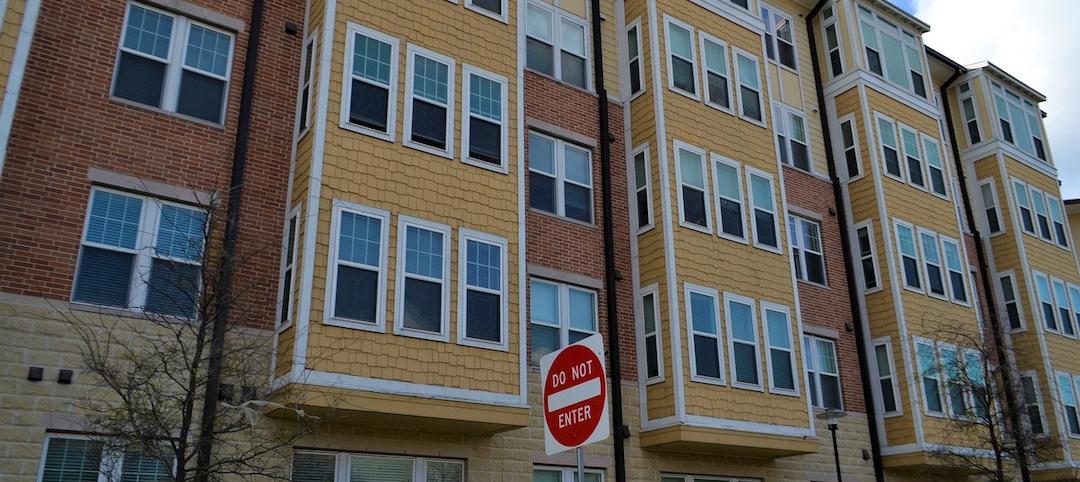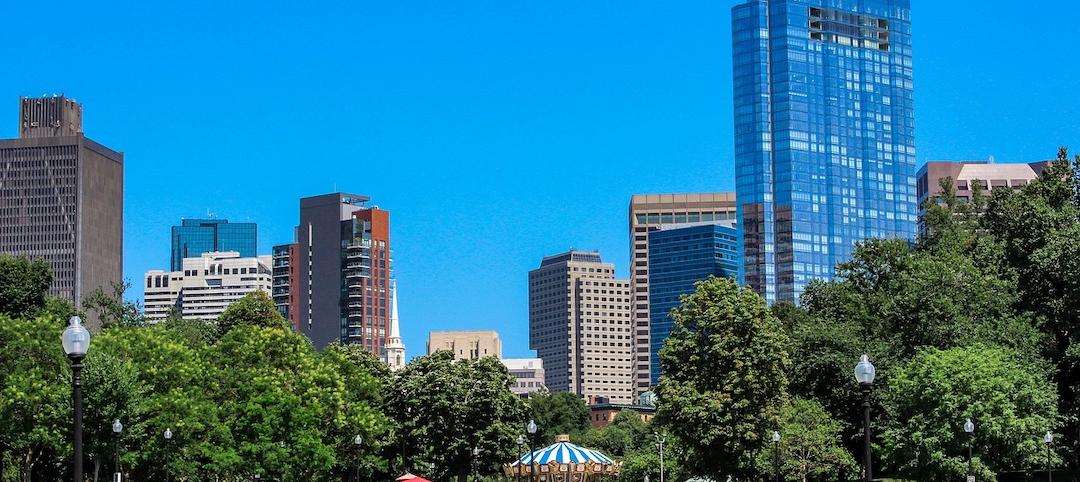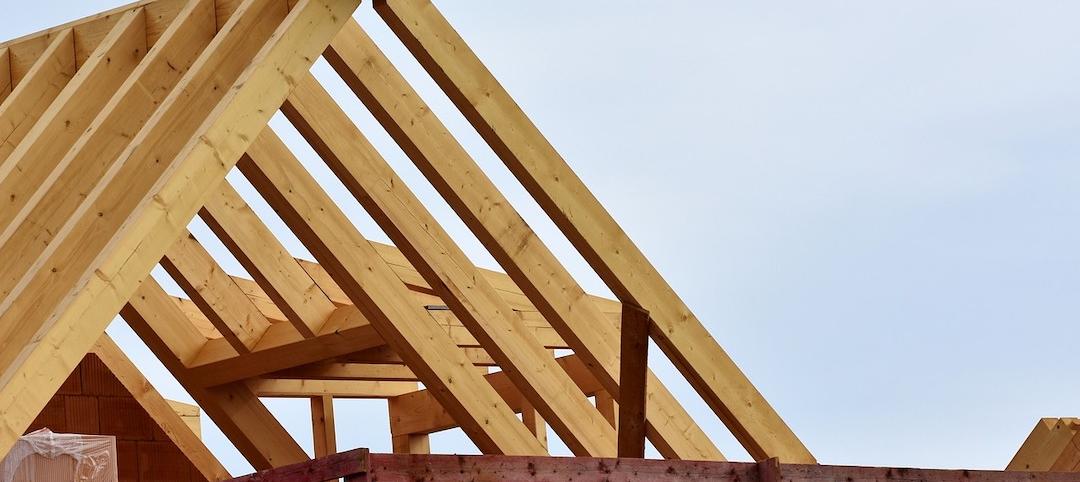The Washington D.C. Council recently passed legislation that will make it more expensive for owners to hold vacant or blighted property.
The Vacant Property Enforcement Act of 2016 reduces the maximum amount of time a vacant property can qualify for an exemption from higher vacancy tax rates. It also closes a loophole that allows continuous renewal of construction permits to qualify for tax exemptions, and require owners of vacant properties to prove they are no longer subject to the higher tax rates.
"The District has a substantial number of vacant properties, many of which are poorly maintained,” the bill report says. "Property owners may keep their properties vacant or fail to maintain them because they expect property values to rise over time. Poorly maintained and vacant properties can damage surrounding communities by being eyesores, by serving a venue for drug use and by providing a home for rodents or other animals. The net effect is to reduce the feeling of a cohesive community and depress surrounding property values."
The legislation reduces the time an owner can claim an exemption from higher taxes because of construction to one year for residential properties and to two years for commercial properties. Fines for failing to comply with city property regulations will rise from $1,000 to $5,000.
Related Stories
Codes and Standards | Oct 12, 2021
Three new laws expected to spur more affordable housing in California
Trio of measures could aid carbon reduction in built environment.
Codes and Standards | Oct 11, 2021
New program to promote mass timber construction launched in Boston
City’s planning and development agency to award grants for projects in early-stage planning.
Codes and Standards | Oct 6, 2021
Intl. Code Council publishes EV and building codes resource
Assists communities in setting policies for electric vehicle charging requirements.
Codes and Standards | Oct 5, 2021
Feds award $1 billion to renovate health centers
Funds will modernize existing infrastructure and cover other COVID-19-related capital needs.
Codes and Standards | Oct 4, 2021
Boston City Council approves mandate for major emissions cuts for large buildings
Applies to buildings 20,000 sf or larger—about 4% of city’s buildings.
Codes and Standards | Oct 4, 2021
HPD Collaborative and Green Seal to align standards
Will result in expanded options for manufacturers to enhance sustainability reporting and certifications.
Codes and Standards | Sep 30, 2021
U.S. has a deficit of 5 million homes
Builders unable to keep pace with demand.
Codes and Standards | Sep 29, 2021
Mass Timber group study will compare structural round timber to glulam products and steel
Will compare costs, capabilities, and carbon impacts of structural materials.
Codes and Standards | Sep 28, 2021
Massachusetts creates Commission on Clean Heat
First-of-its kind body to set targets for buildings to reduce emissions from heating fuels.
Codes and Standards | Sep 27, 2021
Commercial real estate industry faces SEC climate disclosure regulations
Risks associated with climate change would have to be revealed.

















